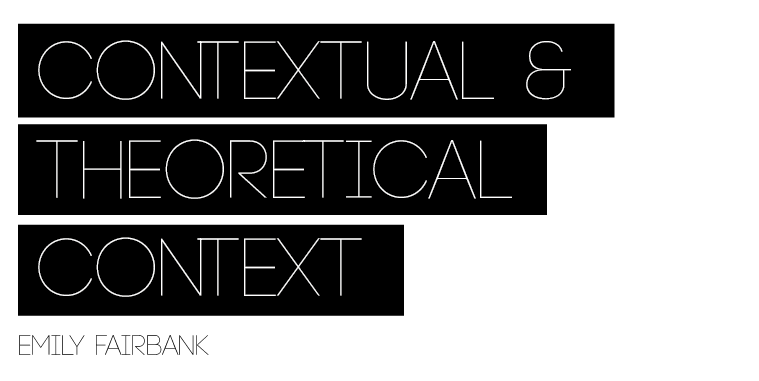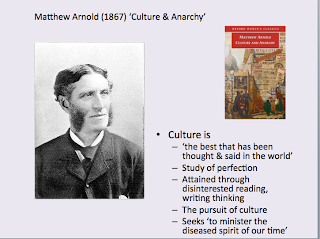- People think of themselves in certain ways
- he examins the ideas by klooking at nude images of women - women carry around the idea that they are being looked at. not about vanity thought
The mirror - device that distracts. It works in harmoney with vanity and places a moral judgement on vanity. There is an idea that there is a sinful regard. The reflected face is on an angle and slightly distorted.
She is lost in thought - lost in a moment of revory. this allows us to look at her without the challenge of her looking back at us. Her body is arranged in a way that is slightly unflattery and there is a low view point and her legs are apart so that is where the eye is directed to. We don't really see the eyes properly so we dont get a return gaze.
Female figure in a reclining position. She partly covers her eyes and the other arm is stretched behind her. We can look at her body without the challenge of her looking back at us. 2/3 of the painting is taken up by the image of her naked body.
Advert that was initially withdrawn because of its overt nudity and sexual nature. Similar spacing to the birth of venus - her body is the focus of where we rest our gaze. When the advert wasn't approved they brought back another version of it - verticle.
This version of the advert was passed. The key change is the vertical format - the emphasis is on the face whereas the horizontal, the emphasis is on the body.
wealthy woman who knows we are there and is happy for us to regard her naked.
Contrasts with Titians work - this is painted in the modernism period - Manet represents the modern nuge. Olyimpia sits slightly elevated on the cusions and looks us directed in the eye - her pose is more provocative. She wares the adornments that you would associate with a wealthy woman - although a prostitue she is not poor and on the streets. She is a symbol of asserted femanine presance. She disregartds the flowers and looks directly at the viewer.
Showcased 169 artists and only 17 were selected.
Less than 5% of the women in the art section are women. THey were asked to design a billboard for New York - comparing the number of nude males to nude females in the artwork on display. THis was rejected as it wasn't clear enough and was shown on busses instead - this was then stopped as they felt the images were too provocative / suggestive.
Type of self portrait - could be Manet himself (not known - Calne had a different opinion). We are in his place - directly infront. No way a realistic mirror reflection.
male featured in underwear advert - in reclining position, one arm out stretched and the other arm curved around head - like the birth of venus. He is positioned so that you look at his nude body. Male objectiviation - men are now equally objectified
Every male is looking us directly in the eye - still a sense that they r returning our gaze
The framing of the camera chops up the body and makes us focus on the areas that we should be intersrested in - the body becomes an object.









































































